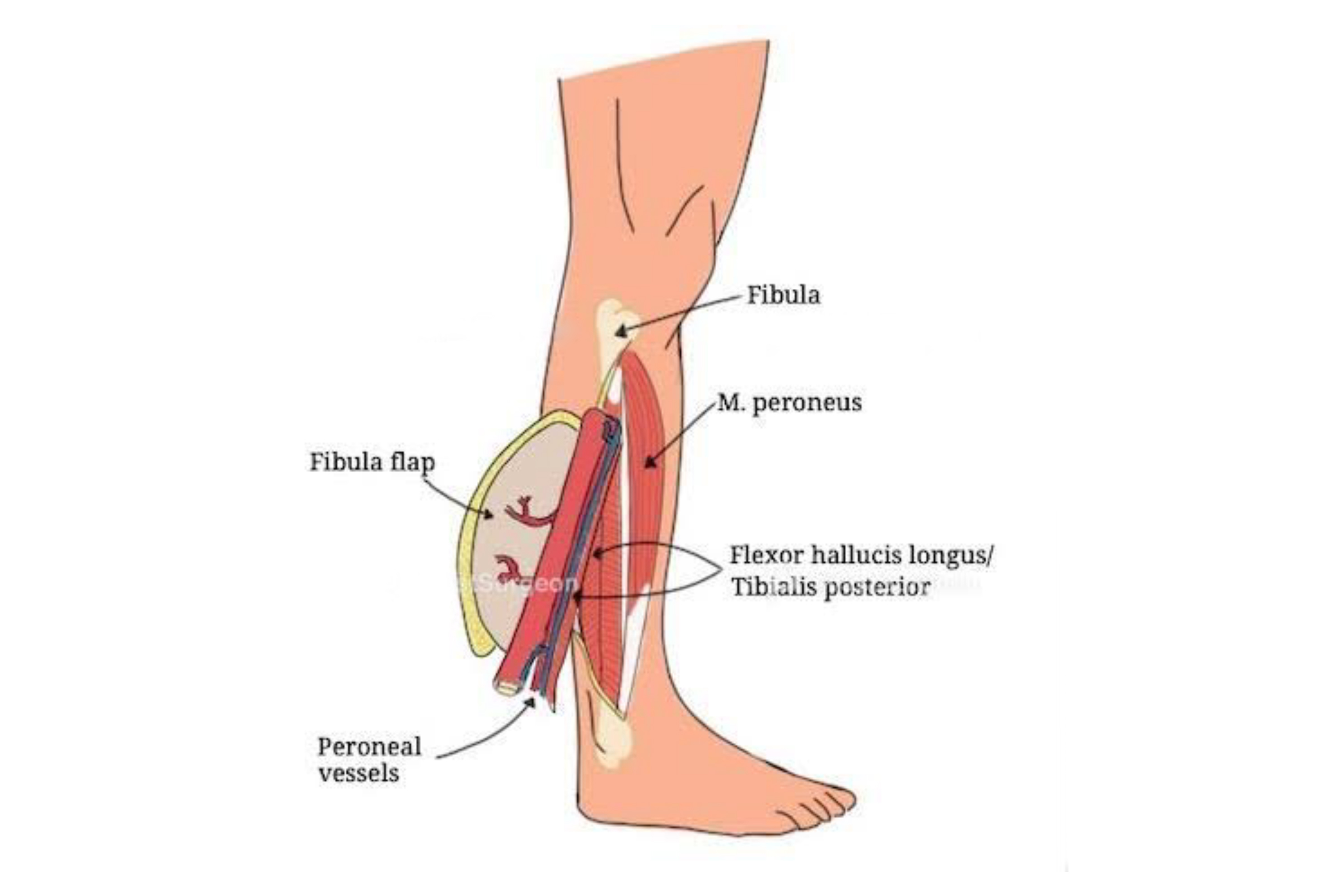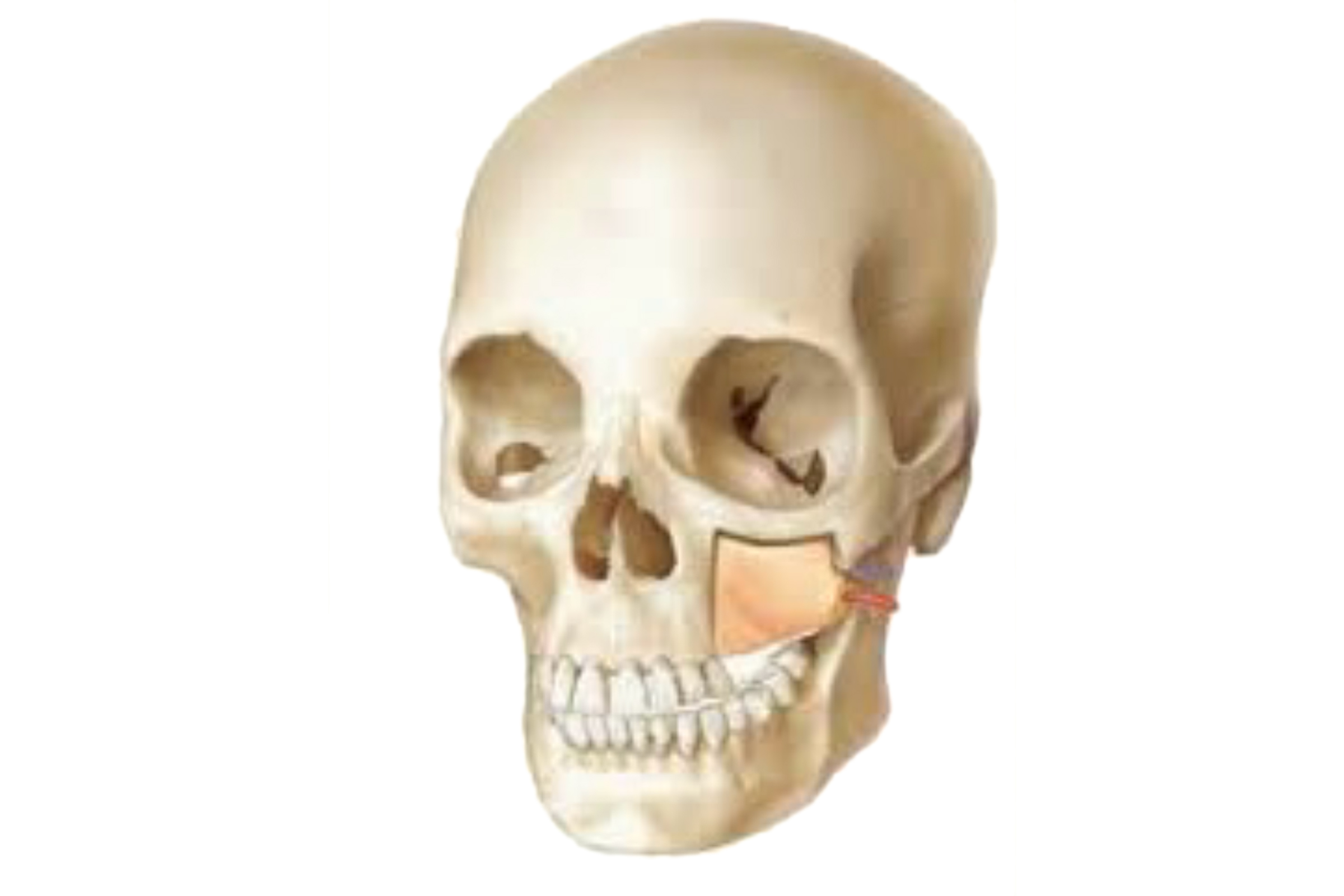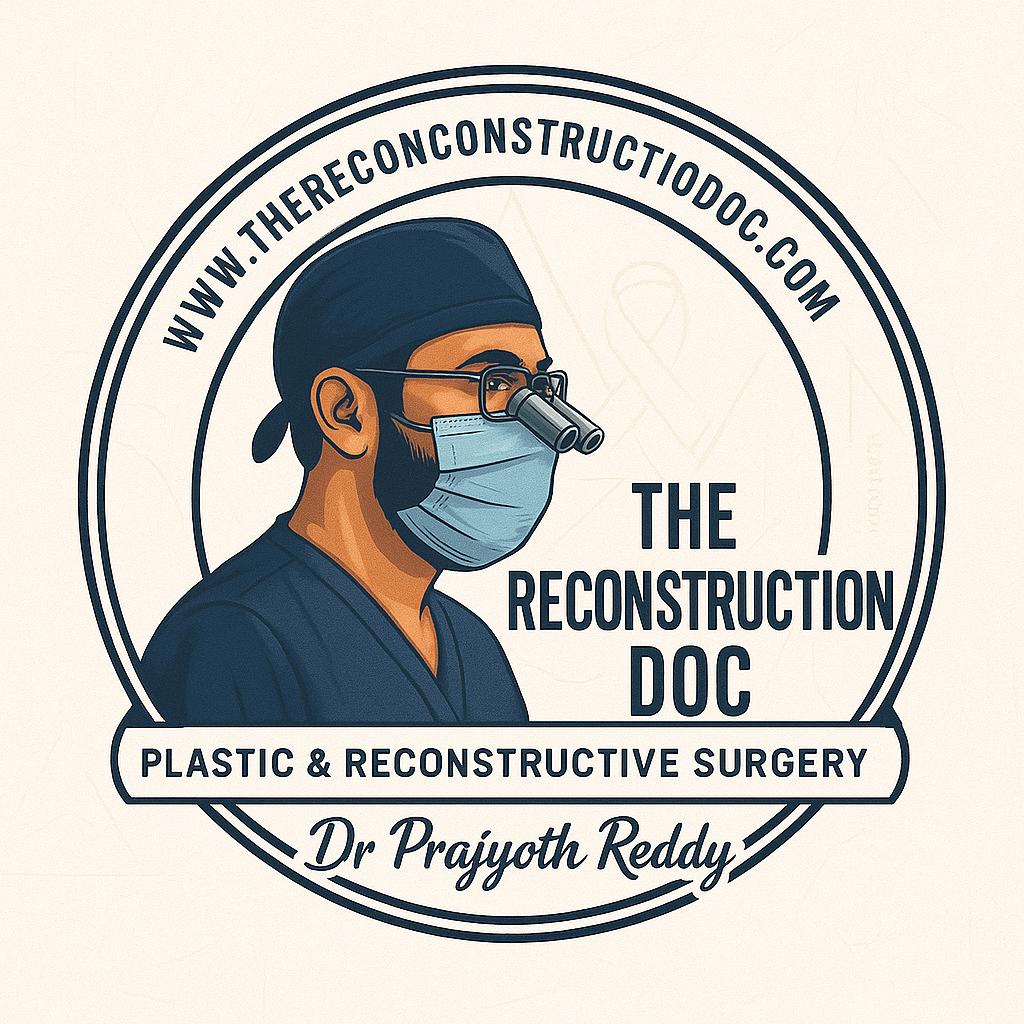Maxilla Reconstruction
- Home
- Maxilla Reconstruction
About Maxilla Reconstruction
The maxilla is the upper jawbone, which plays a key role in chewing, speaking, facial structure,and supporting the eyes, nose, and teeth.When part or all of the maxilla is removed due to cancer, trauma, or infection, it can lead tosignificant functional and cosmetic challenges




Why is Reconstruction Needed?
Without reconstruction, patients may face:
1. Difficulty eating and speaking
2. Nasal regurgitation (food/liquid leaking into the nose)
3. Facial deformity or collapse of midface
4. Emotional and psychological impact
How is Maxilla Reconstructed?
Reconstruction depends on how much of the bone and surrounding tissue is lost.Techniques include:
Free Flap Reconstruction
- Tissue (bone, muscle, skin) is taken from another part of the body and
connected using microvascular surgery. - Common donor sites:
- Fibula (leg bone) – ideal for bony structure and dental implants
- Scapular flap – good for complex 3D facial reconstruction
- Iliac crest (hip bone) – offers curved bone for midface support but
avascular, not suitable for large bony reconstructions.
Obturator (Prosthesis)
- A removable dental-like device that closes the gap in the palate.
- Used when surgery is not an option or as a temporary solution.
Goals of Reconstruction
- Restore facial appearance
- Allow proper speech and swallowing
- Enable dental rehabilitation (implants or dentures)
- Rebuild confidence and quality of life
Get In Touch
Schedule a consultation, ask questions, or explore our expert reconstructive surgery services and compassionate care.

